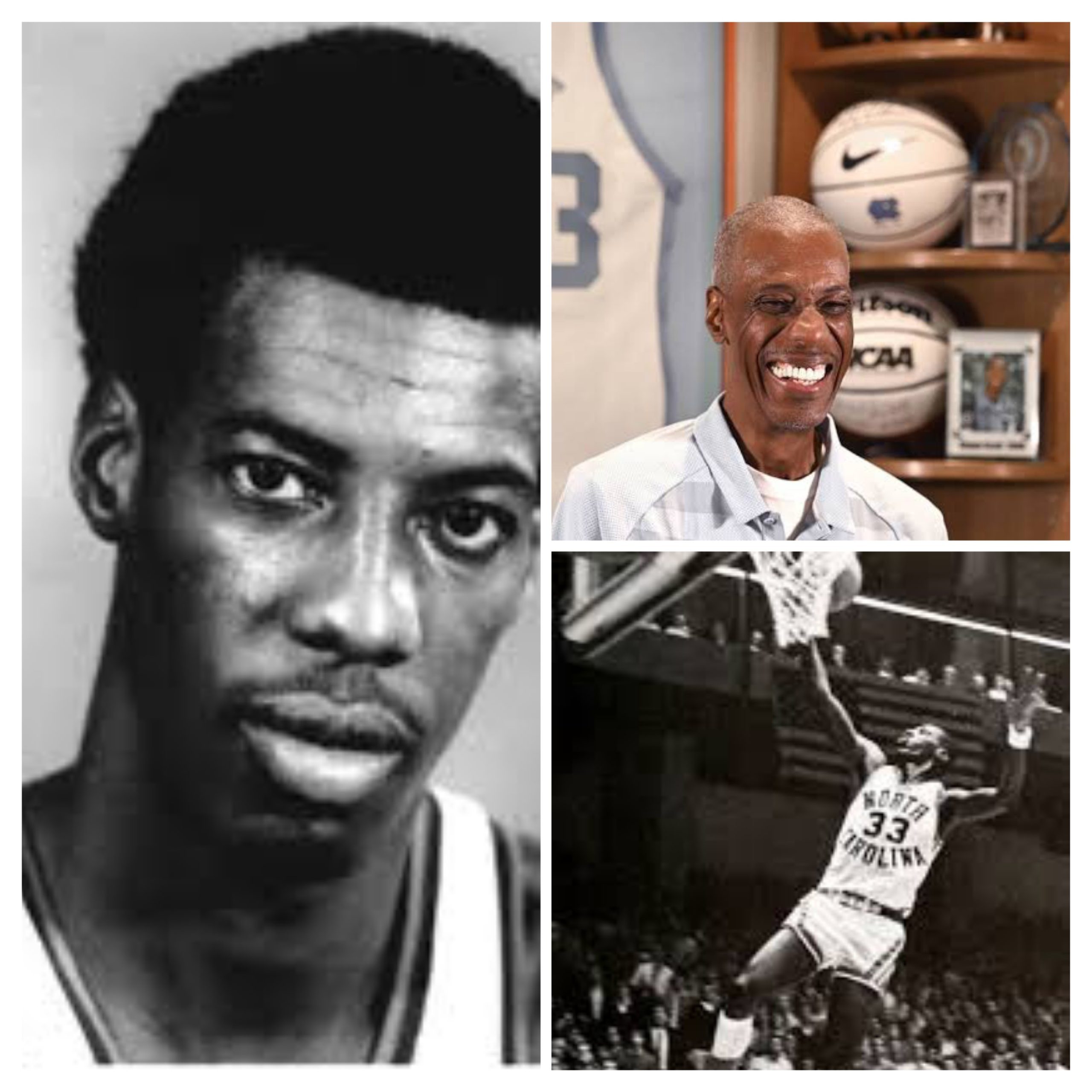Before there were banners, before the roar of packed Dean Dome crowds, before the name Michael Jordan became synonymous with North Carolina basketball — there was Charlie Scott. A trailblazer in every sense of the word, Scott didn’t just play basketball; he changed it. He didn’t just wear Carolina Blue; he redefined what it meant to be a Tar Heel. As the first Black scholarship athlete in UNC basketball history, Charlie Scott didn’t walk onto the court — he stormed into history, dribbling past barriers and dunking on doubt.
Born in New York City in 1948, Scott was a standout talent at the famed Laurinburg Institute and later transferred to Stuyvesant High School. But it wasn’t just his scoring that caught attention — it was his poise, his polish, and his sheer presence. In 1966, Dean Smith took a bold step in recruiting Scott to Chapel Hill. At a time when the South was still grappling with desegregation, this was more than a basketball decision — it was a cultural revolution.
Scott arrived at UNC in the fall of 1967, and by simply putting on the jersey, he became a symbol of change. But it didn’t take long for him to become something even more — a bona fide star. During his three varsity seasons, Scott averaged 22.1 points per game, leading the Tar Heels to two consecutive Final Fours in 1968 and 1969. He was a two-time All-American, a three-time All-ACC selection, and left Chapel Hill as one of the most decorated players in program history.
But Scott’s impact went far beyond the box score. He carried the weight of being “the first” with unshakable grace. He faced racism from opposing fans, isolation on campus, and immense pressure to perform — yet never flinched. Every bucket he scored was more than points; it was progress. Every win wasn’t just a victory for Carolina, it was a statement to the nation.
Dean Smith, a civil rights advocate in his own right, stood by Scott’s side. Their partnership transcended the typical player-coach relationship. Smith protected Scott, not only from the pressures of the game but from the ignorance that lurked beyond the hardwood. Together, they helped UNC — and the ACC — move forward, inch by inch, towards justice and inclusion.
After college, Scott continued to shine professionally. He was drafted by both the NBA and ABA and went on to become a three-time ABA All-Star and an NBA Champion with the Boston Celtics in 1976. But even as he succeeded at the highest levels of the sport, Scott never stopped representing North Carolina with pride. His legacy was eventually cemented when his jersey — No. 22 — was rightfully raised to the rafters of the Dean Smith Center, forever enshrined among the greats.
Charlie Scott opened the doors that others would walk through — players like Phil Ford, James Worthy, Sam Perkins, and of course, Michael Jordan. Without Scott, there is no Carolina as we know it today. He wasn’t just a player; he was the blueprint.
Even beyond basketball, Scott remained a respected figure — active in community work and serving as a role model for generations of young athletes. He proved that courage and conviction, when paired with talent and tenacity, could transform more than just a team — it could transform a culture.
In 2018, Scott was inducted into the Naismith Memorial Basketball Hall of Fame — a recognition long overdue but deeply deserved. Yet perhaps his greatest honor remains the unspoken one: every time a Black athlete steps onto the floor at the Dean Dome, they are walking through the doors Charlie Scott opened. They are playing under the lights he helped turn on.
Today, as Tar Heel fans look back on their proud legacy, they must look first to the man who started it all. Charlie Scott didn’t just play the game — he changed the game. He didn’t just make history — he made history possible for others.
He was the first. He was the fearless. And he will forever be remembered as one of the most important Tar Heels to ever lace them up.




















